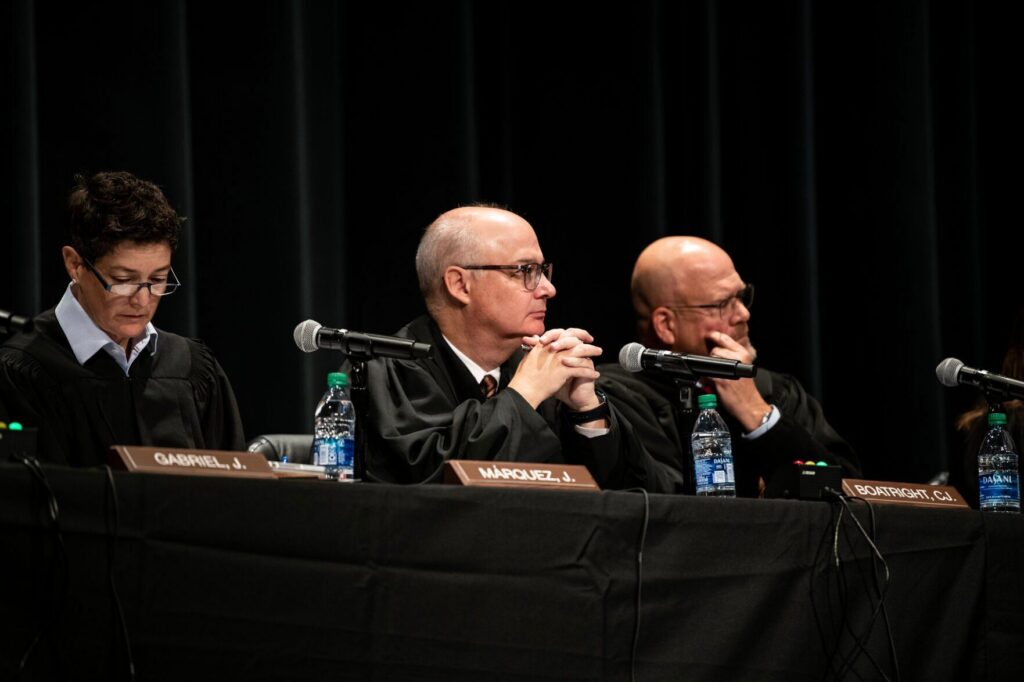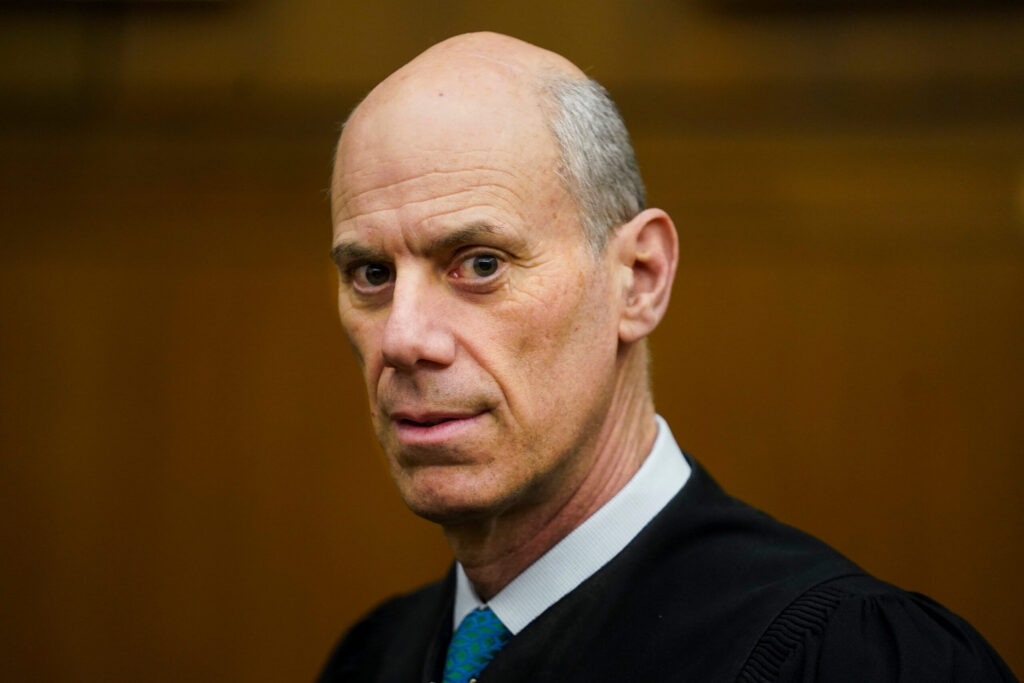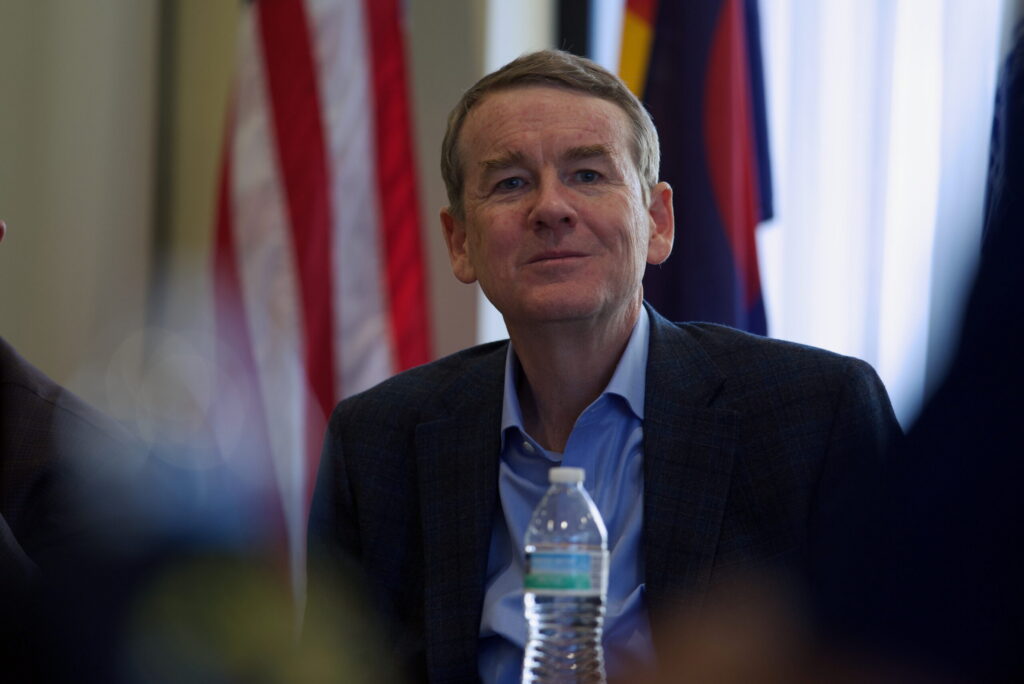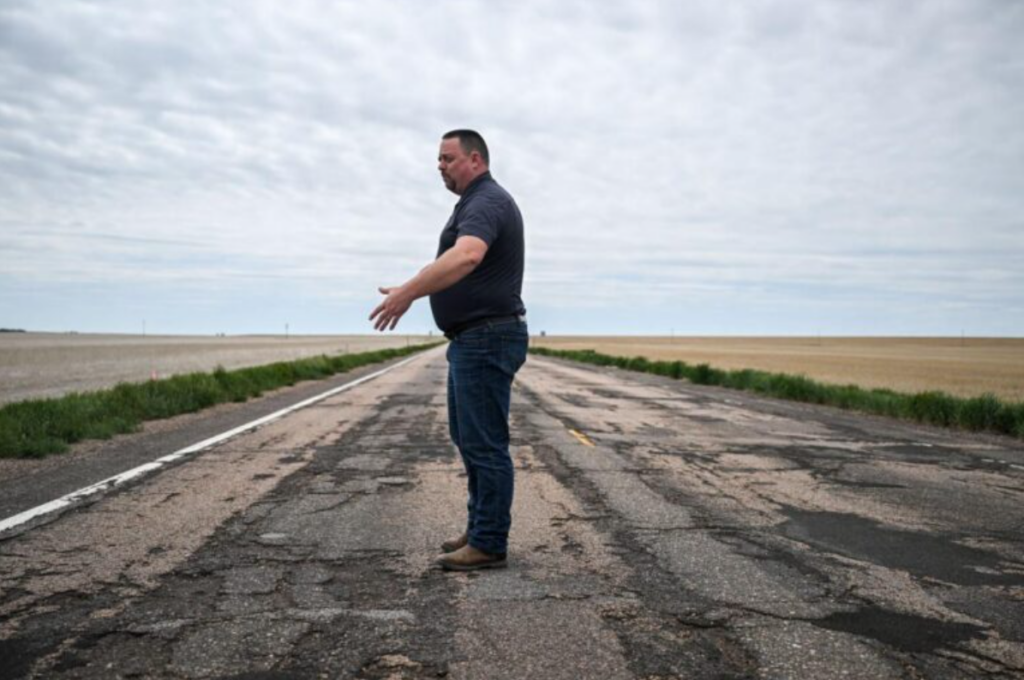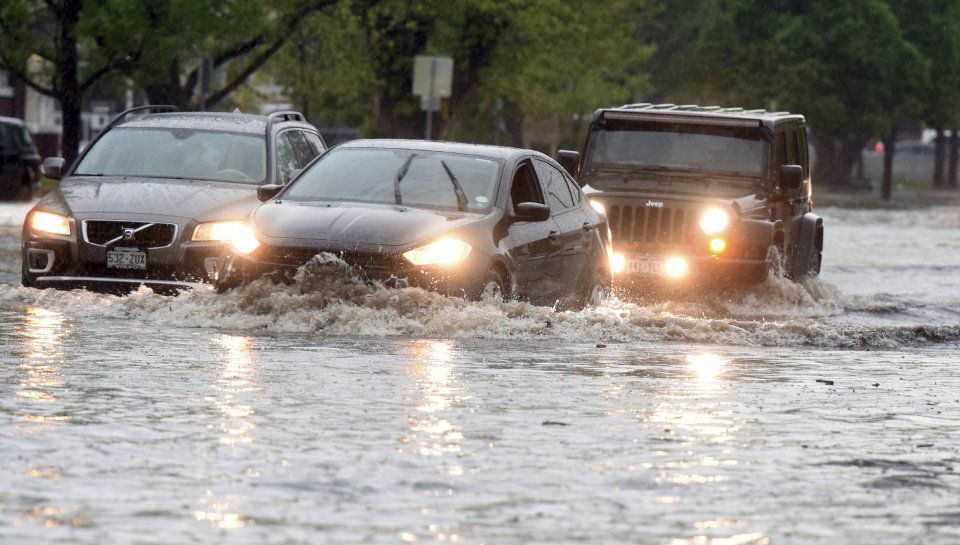Bennet joins bipartisan Senate push to renew conservation fund
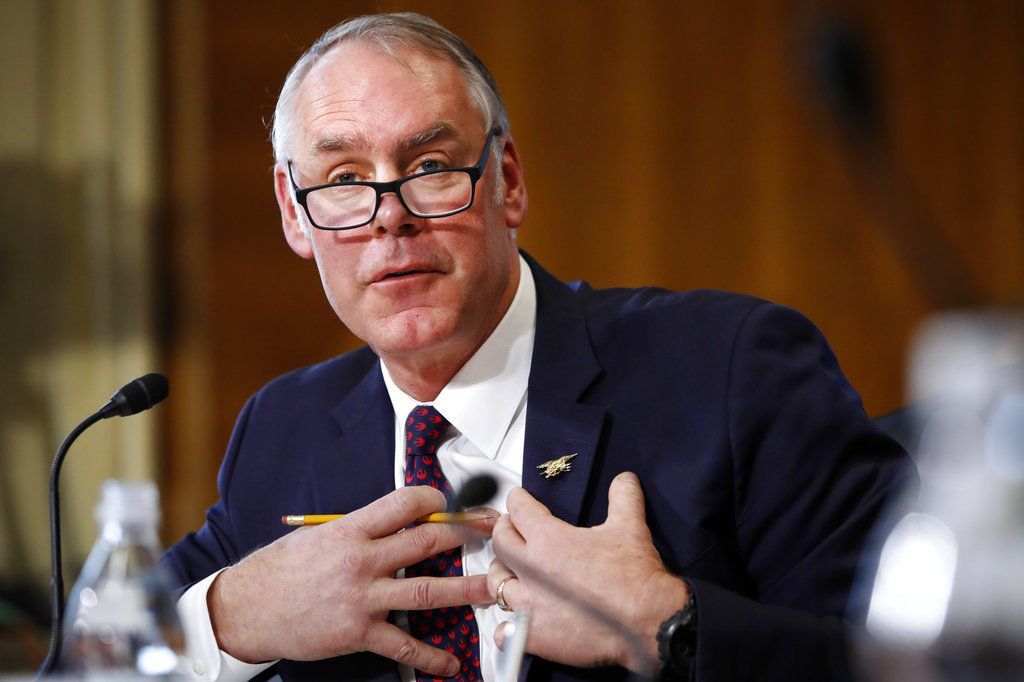
A bipartisan group of U.S. senators, including Colorado Democrat Michael Bennet, plan to launch what they describe as a 100-day campaign to save a federal conservation fund that helps pay for parks and other public facilities – a program that President Donald Trump wants to slash.
If you’ve ever visited the Cheyenne Mountain visitor center, or walked the recreational trail on Swan Mountain in Summit County, or picnicked at the town park in Ridgway, you’ve seen the benefits of the federal Land and Water Conservation Fund (LWCF).
The program, which relies on federal oil and gas drilling lease revenues from offshore sites rather than tax revenue, was envisioned by President Dwight Eisenhower in the 1950s and became fully funded starting in 1965. Its recommended funding is $900 million per year, although it rarely gets the full amount.
And President Donald Trump’s proposed 2019 budget would slash the fund to as low as $8 million per year, down from the $400 million the fund received in the 2017 budget.
Congress allowed the fund to lapse in 2015, with conservative critics complaining that too much of the fund’s money was used on federal rather than local projects. But a compromise was reached to extend the fund another three years, until this September.
The fund has previously had full support from Interior Secretary Ryan Zinke when he was a congressman from Montana. Zinke got tough questioning on the administration’s plans to gut the program from both of Montana’s senators, Republican Steve Daines and Democrat Jon Tester, during a May 10 appropriations hearing.
Tester reminded Zinke that one of the reasons he backed Zinke for secretary of the Interior was his previous support for the LWCF. Zinke has said he supports a permanent reauthorization of the LWCF, but “this budget doesn’t indicate you’re for it,” according to Tester.
Daines and Tester are joining with Bennet and U.S. Sen. Maria Cantwell (D-Washington) in the effort to save the fund.
In Colorado, more than 1,000 outdoor and recreational projects have been awarded grants from the LWCF. Under the program, the grants must be leveraged with other dollars, so its impact goes way beyond the $61 million the Centennial State has been awarded over the years, at roughly $750,000 per year. Total funding for the 1,030 projects is estimated by the Colorado Division of Parks and Wildlife at $147 million.
The move comes after Sen. Richard Burr (R-North Carolina) and 12 co-sponsors, including Bennet and Sen. Cory Gardner (R-Colorado), introduced legislation to permanently reauthorize the fund, which in the last few years has relied on short-term renewals. The fund expires on Sept. 30.
A similar House measure to save the LWCF is also waiting in the wings, with 228 co-sponsors, including Colorado Democrats Rep. Diana DeGette of Denver, Ed Perlmutter of Arvada and Jared Polis of Boulder.
None of the Republican members of the Colorado delegation has signed up, despite the fact that the fund’s biggest impact in Colorado has been in GOP U.S. Rep. Scott Tipton’s sprawling 3rd Congressional District, covering western and southern Colorado, at $26.5 million for 272 projects, and Republican U.S. Rep. Ken Buck’s 4th Congressional District in eastern Colorado, at $29 million for 150 projects.



